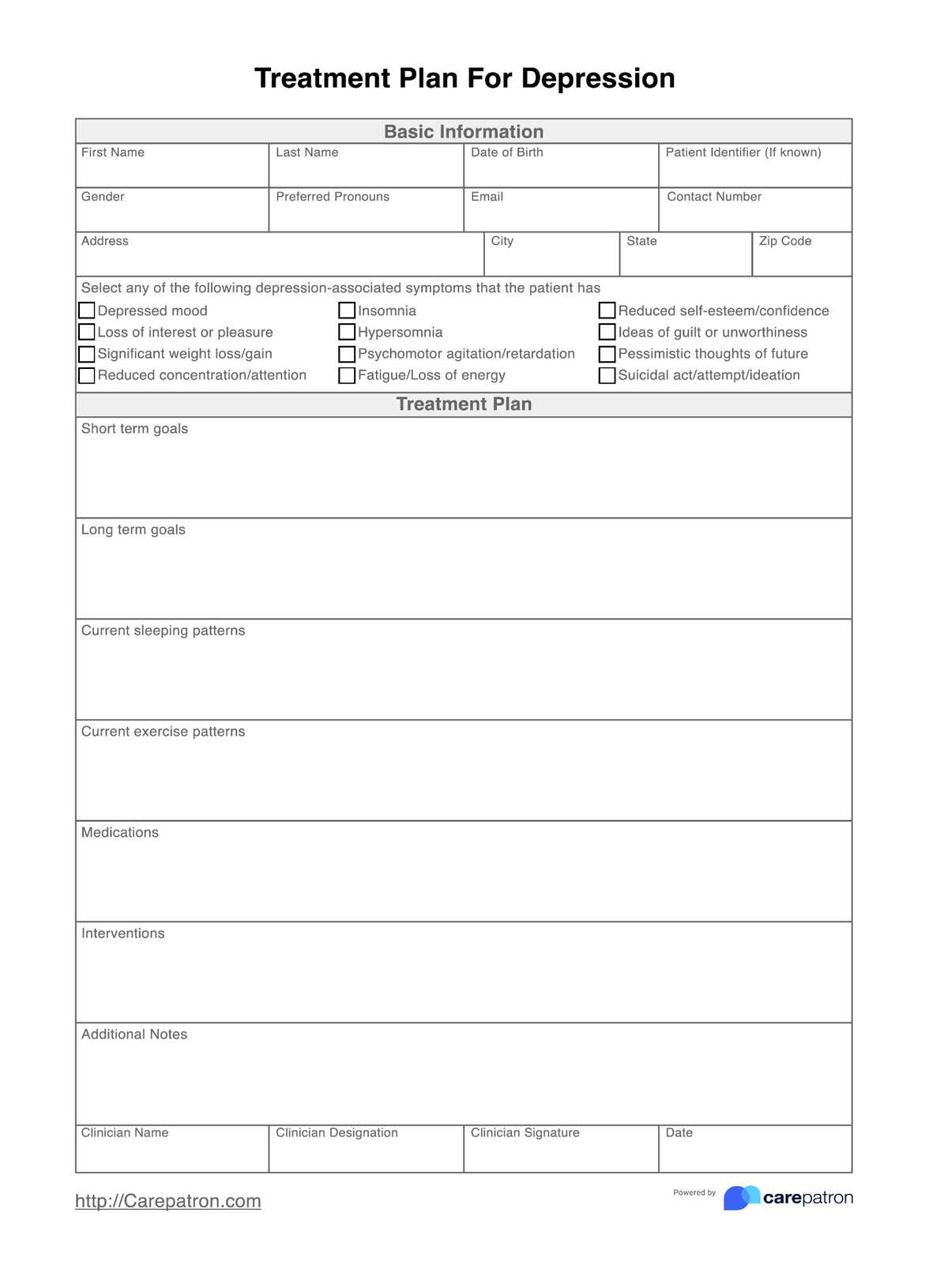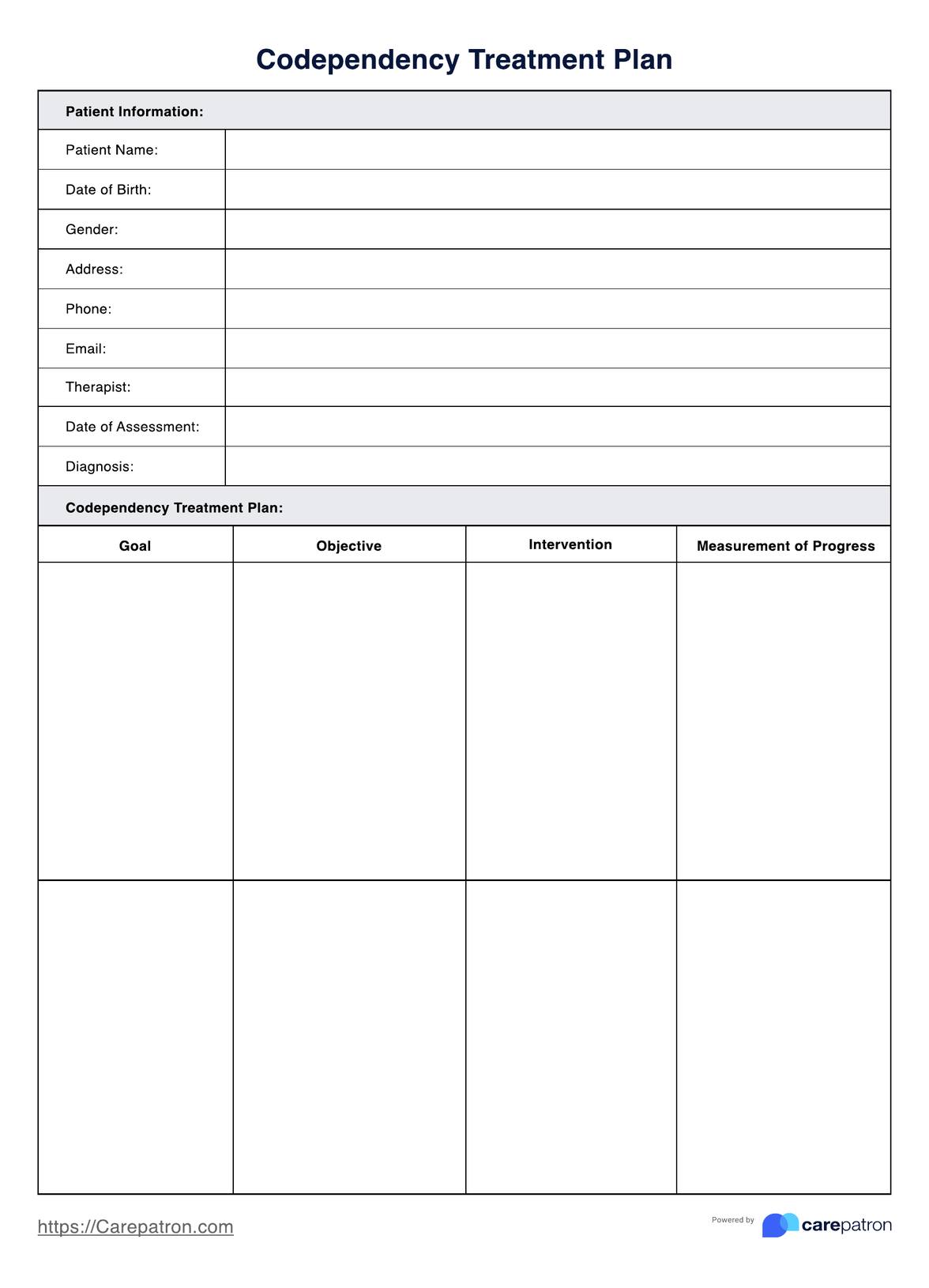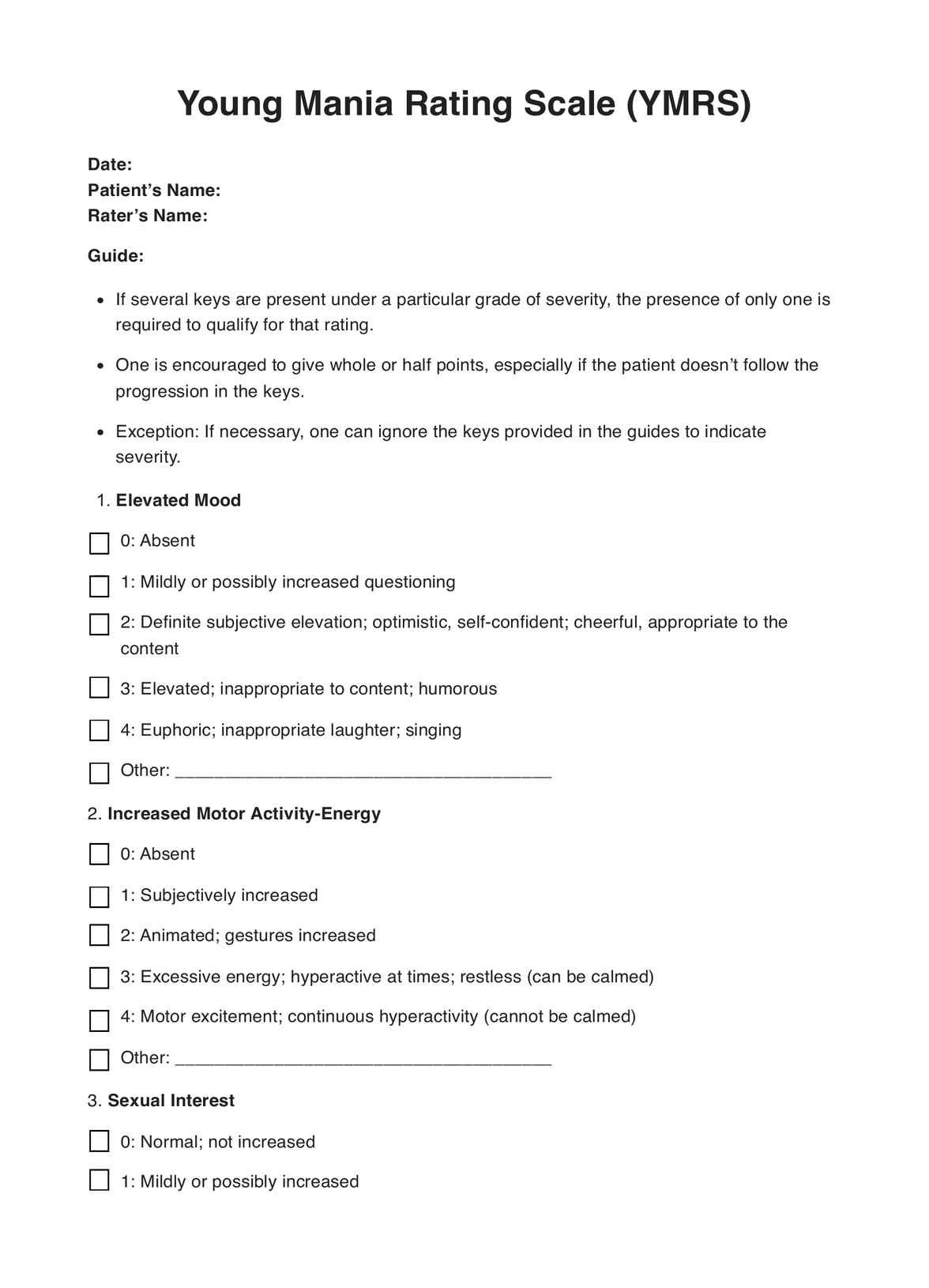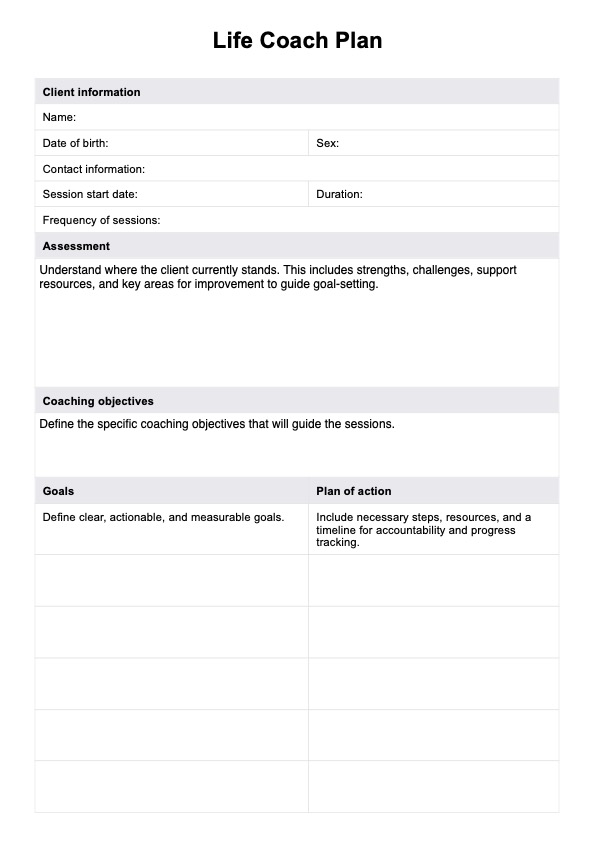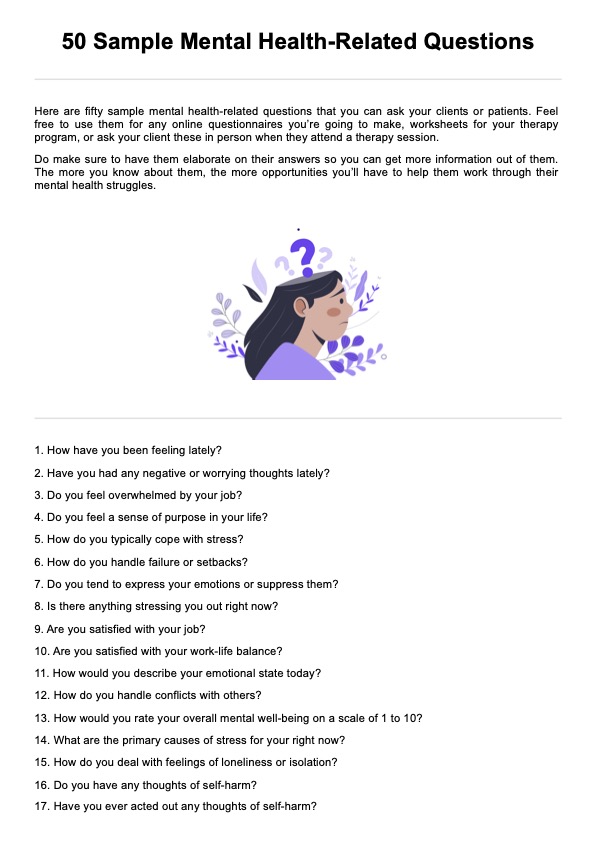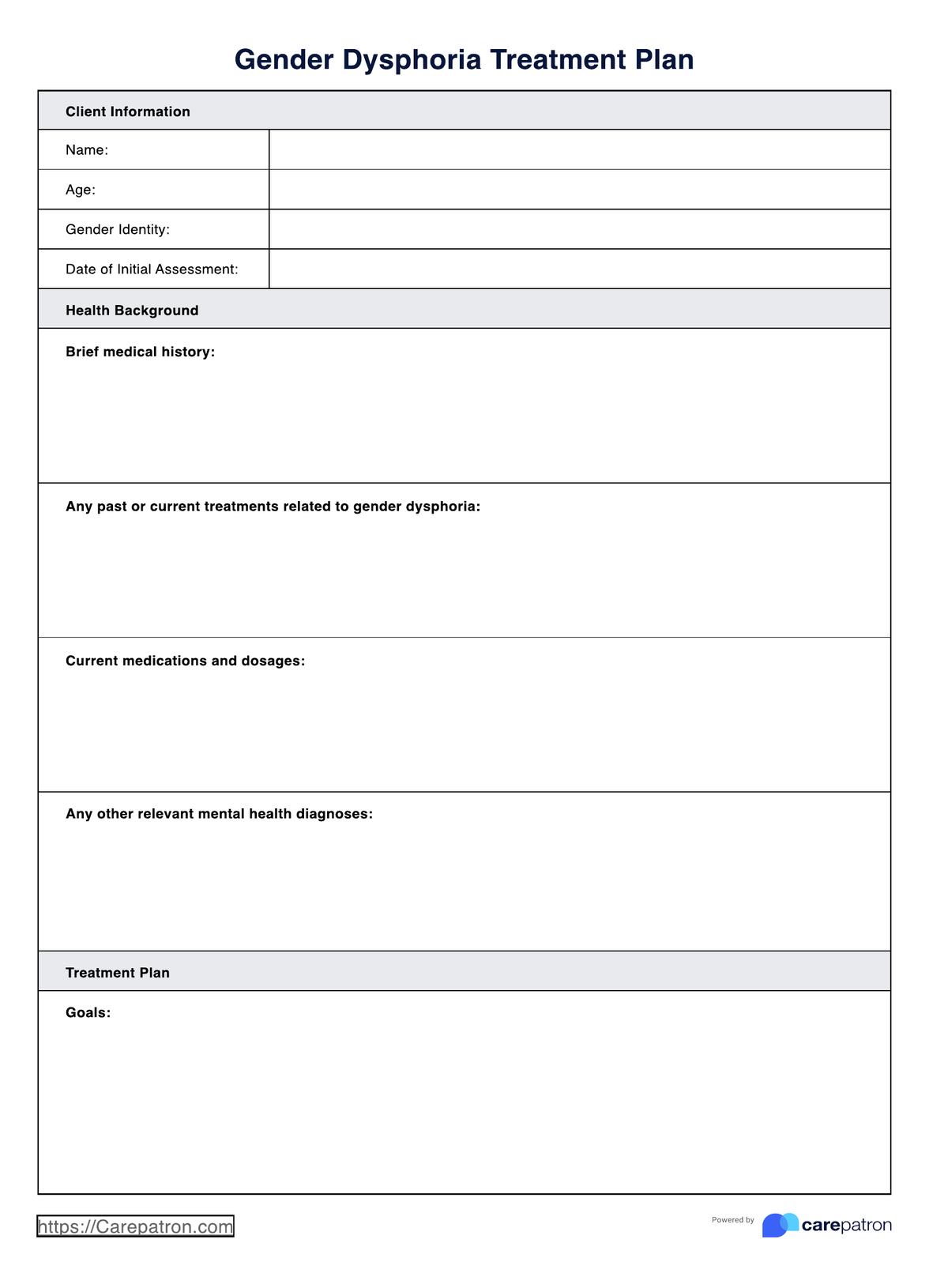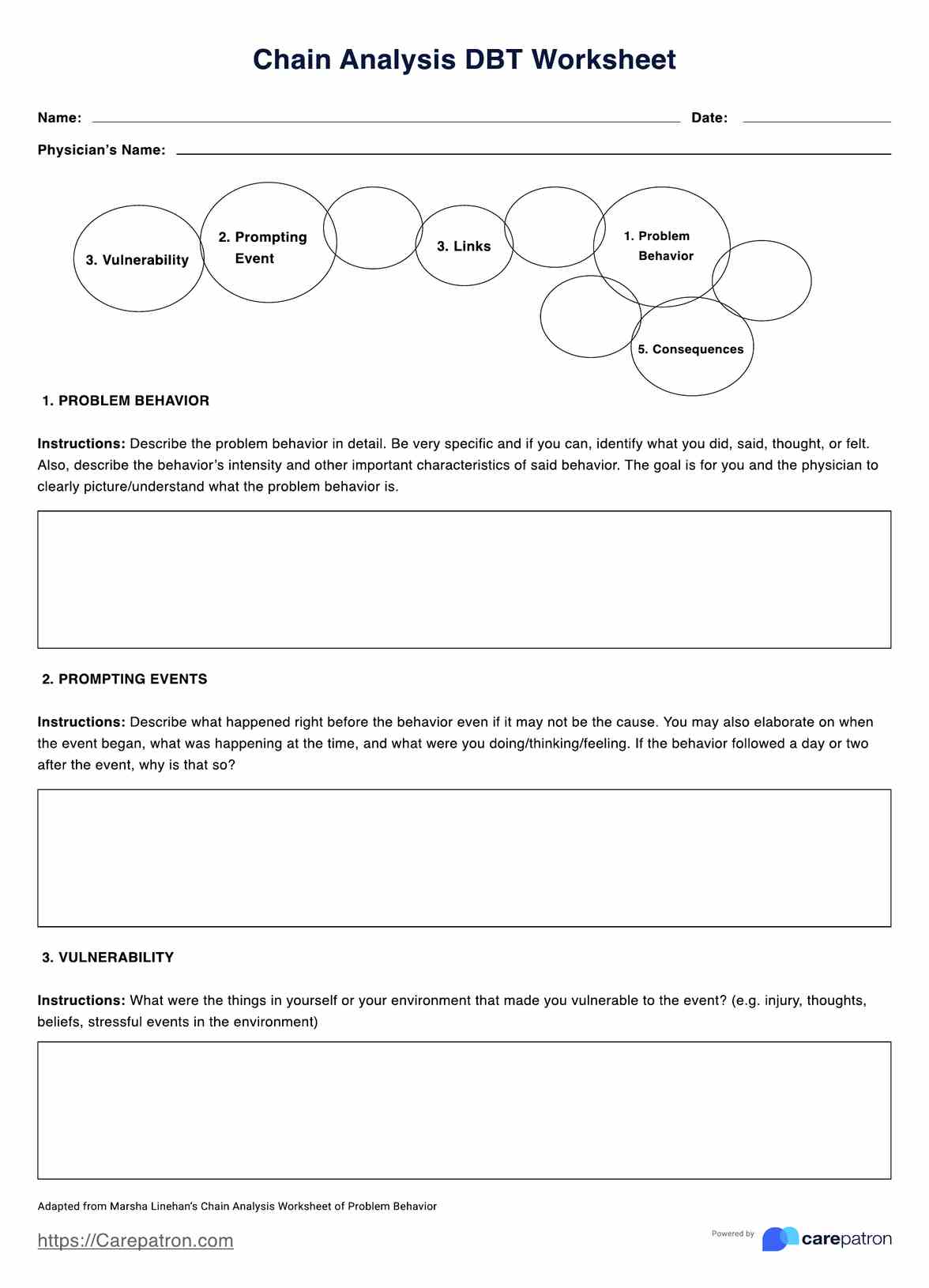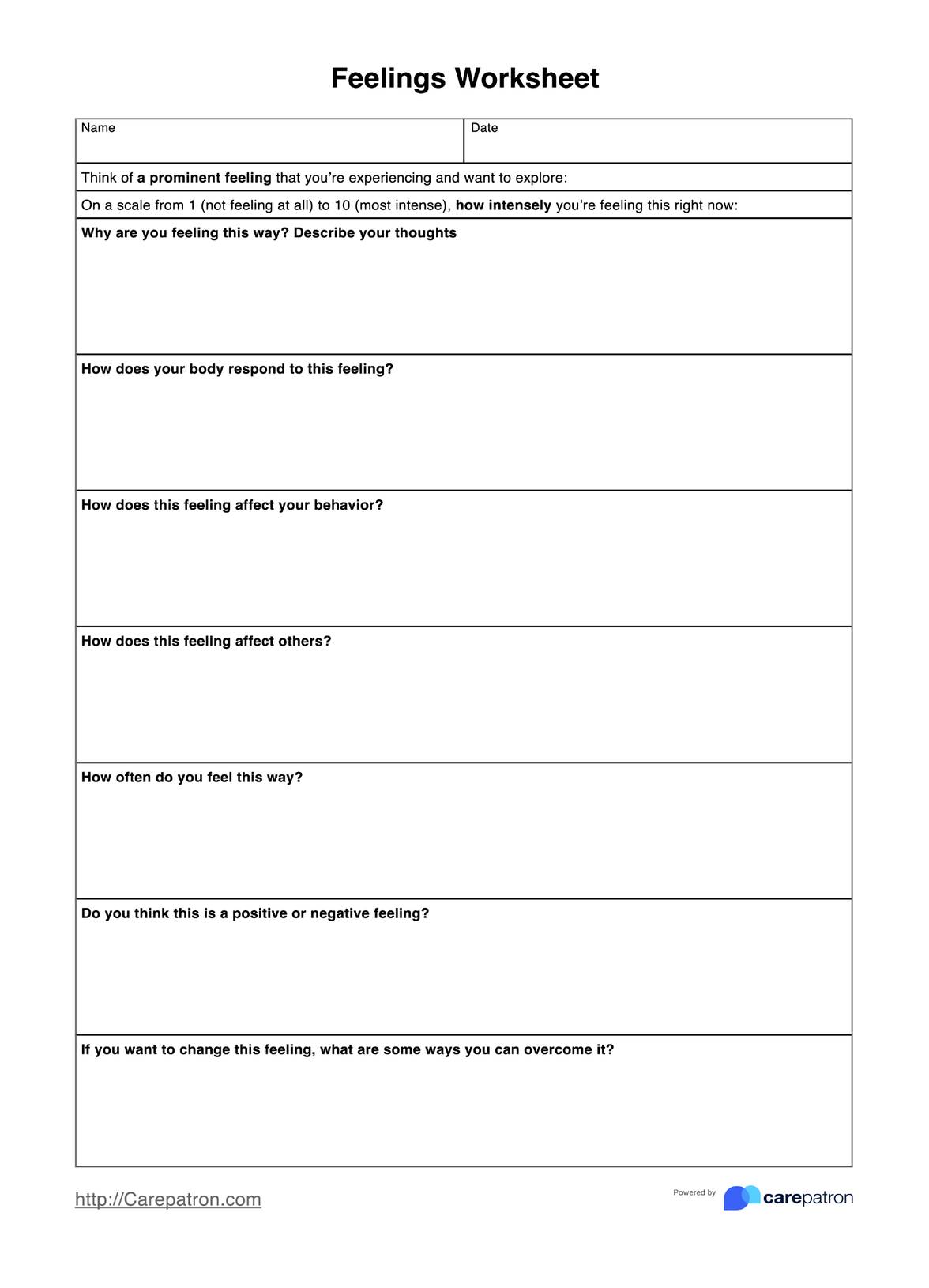Positive Self-Talk Worksheet
Explore the power of Positive Self-Talk Worksheets. Enhance emotional well-being and redirect negative thinking patterns. Free PDF Download available!


What is a Positive Self-Talk Worksheet?
In an era where mental well-being has taken center stage in holistic health, the subtleties of our internal monologues gain unparalleled significance. These inner dialogues, often fleeting and subconscious, can construct or erode our self-esteem, drive our decision-making processes, and shape our interactions with the world.
Recognizing the profound influence of these thoughts, the Positive Self-Talk Worksheet emerges as more than just a therapeutic tool—it stands as a gateway to enhanced self-awareness and emotional empowerment.
At its core, a is an innovative instrument meticulously crafted to navigate the intricate labyrinth of human thought. It invites users on a journey of introspection, urging them to illuminate the shadows of their minds, especially the corners where negative or self-sabotaging beliefs reside.
As individuals traverse its sections, they're encouraged to confront these beliefs, challenge their validity, and reframe them in a more positive and constructive light. This transformative process, while seemingly simple on paper, has profound implications. It provides an avenue for individuals to break free from the chains of self-limiting beliefs, nurturing a optimistic, resilient, proactive, and self-affirming mindset.
The worksheet thus serves as both a mirror, reflecting one's current state of mind, and a compass, pointing towards a more constructive and positive mental landscape.
Positive Self-Talk Worksheet Template
Positive Self-Talk Worksheet Example
How to use the Positive Self-Talk Worksheet
Engaging with the Positive Self-Talk Worksheet might seem straightforward, but it's a deep, introspective journey. To harness its full potential, one must approach it with an open mind and a willingness to confront one's vulnerabilities.
Step 1: Recollection
Begin by reverting to a recent event or scenario where negative thoughts overshadowed your cognitive landscape. Document the specifics of the situation, delve into the emotions that bubbled up, and introspect on your immediate reactions. This step sets the foundation for the introspective journey ahead.
Step 2: Examination
With the scenario in mind, embark on a voyage of self-examination. The worksheet provides a series of guidelines, prompts, and questions designed to unravel the intricacies of your thought process. This isn't merely about stating the obvious but delving deep to uncover the underlying beliefs that fuel these thoughts.
Step 3: Reflection & Commitment
Having unraveled your thought patterns, it's time to sit back and reflect. Identify the shifts in perspective the exercise has provided and commit to actionable strategies that pave the way for personal growth and improved mental narratives.
When would you use this Form?
Understanding and navigating our internal dialogue is pivotal in determining how we interact with the world around us. The Positive Self-Talk Worksheet acts as a bridge, helping us traverse from self-critical thoughts to more constructive, uplifting narratives. Different scenarios and life events accentuate the need for this tool, ensuring that we remain balanced, understanding, and resilient amidst challenges. Let's delve deeper into these scenarios:
1. Career Setbacks:
Job Loss: Losing a job can significantly blow one's self-esteem. It's easy to internalize this event, questioning one's worth and abilities. The worksheet can help distill such feelings, separating external circumstances from one's self-worth and fostering a proactive mindset.
Missed Promotions: When overlooked for a promotion, feelings of inadequacy may arise. The tool guides individuals to understand such emotions and reframe their perspective, focusing on future opportunities and self-improvement.
Negative Feedback: Constructive criticism is valuable, but it can be hard to digest. The worksheet lets individuals process the feedback healthily, discerning the actionable advice from potentially harmful self-deprecating thoughts.
2. Personal Challenges:
Breakups: Ending a relationship can lead to a maelstrom of emotions, with individuals often blaming themselves. The worksheet aids in navigating this emotional terrain, emphasizing self-love and growth.
Disagreements with Loved Ones: Conflicts can trigger negative self-talk, especially if one feels at fault. The tool helps users process these feelings, encouraging empathy and understanding for themselves and others.
3. Academic Struggles:
Academic Pressure: Exams, assignments, and expectations can be overwhelming. The worksheet assists students in managing stress, fostering a balanced approach toward academics.
Disappointing Grades: Rather than spiraling into self-criticism, students can utilize the worksheet to process their feelings, strategize improvements, and maintain a positive outlook.
Peer Interactions: Social dynamics in academic settings can be challenging. The worksheet helps students navigate feelings of exclusion, misunderstandings, or conflicts, promoting a healthy self-image and constructive social interactions.
4. Health and Body Image Concerns:
Chronic Illnesses: Living with a chronic condition can sometimes bring about feelings of inadequacy or "being different." The worksheet aids in processing these emotions, emphasizing self-compassion and acceptance.
Body Image Struggles: Many grapple with self-image in a world of ever-changing beauty standards. The tool offers a space to confront and reframe such concerns, championing self-love and acceptance.
5. General Self-Reflection:
Personal Growth: The worksheet can regularly check one's emotional well-being for those on a self-improvement journey, ensuring that personal growth aligns with positive self-talk.
Life Transitions: Events like relocating, starting a new phase in life, or any significant change can stir a mix of emotions. The worksheet aids in processing these feelings, grounding individuals in positive reflections.
Each scenario underscores the adaptability and relevance of the Positive Self-Talk Worksheet, reaffirming its role as a cornerstone in nurturing mental well-being across diverse life situations.
Benefits
Embarking on the journey of positive self-talk isn't merely about changing a habit; it's about embracing an entirely new perspective towards oneself. The shift from self-critique to self-support brings a myriad of advantages that touch various facets of our lives:
Enhanced Self-awareness
Delving into the worksheet allows users to peel back layers of their psyche, facilitating a deep understanding of personal thought patterns, triggers, and emotional responses. Over time, this cultivated awareness becomes an invaluable asset in navigating life's challenges.
Improved Emotional Regulation
Rather than being consumed by overwhelming emotions like anger, sadness, or frustration, individuals become equipped to recognize, understand, and manage them, leading to balanced reactions even in adverse situations.
Boosted Self-esteem
As the self-critical narratives wane, they're replaced by affirming, supportive dialogues. This nurtures self-worth, confidence, and an intrinsic belief in one's abilities.
Better Decision Making
Constructive thoughts lead to clarity. Decisions, whether daily choices or life-altering ones are made based on reflection and understanding rather than impulsive, negative beliefs.
Increased Resilience
Facing adversities becomes more manageable. With a balanced mindset, setbacks transform into opportunities, challenges, and learning experiences.
Personal Growth
Beyond the immediate benefits, continuous engagement with the worksheet propels individuals on a path of self-improvement, fostering skills and mindsets that serve them well in all life's endeavors.
Commonly asked questions
Typically, therapists, counselors, life coaches, educators, and individuals keen on personal development utilize these worksheets.
These worksheets guide users through structured prompts, encouraging them to identify, challenge, and reframe negative thoughts.
It fosters self-awareness, helps in emotional regulation, promotes positive thinking, and supports personal growth by transforming destructive thought patterns into constructive ones.


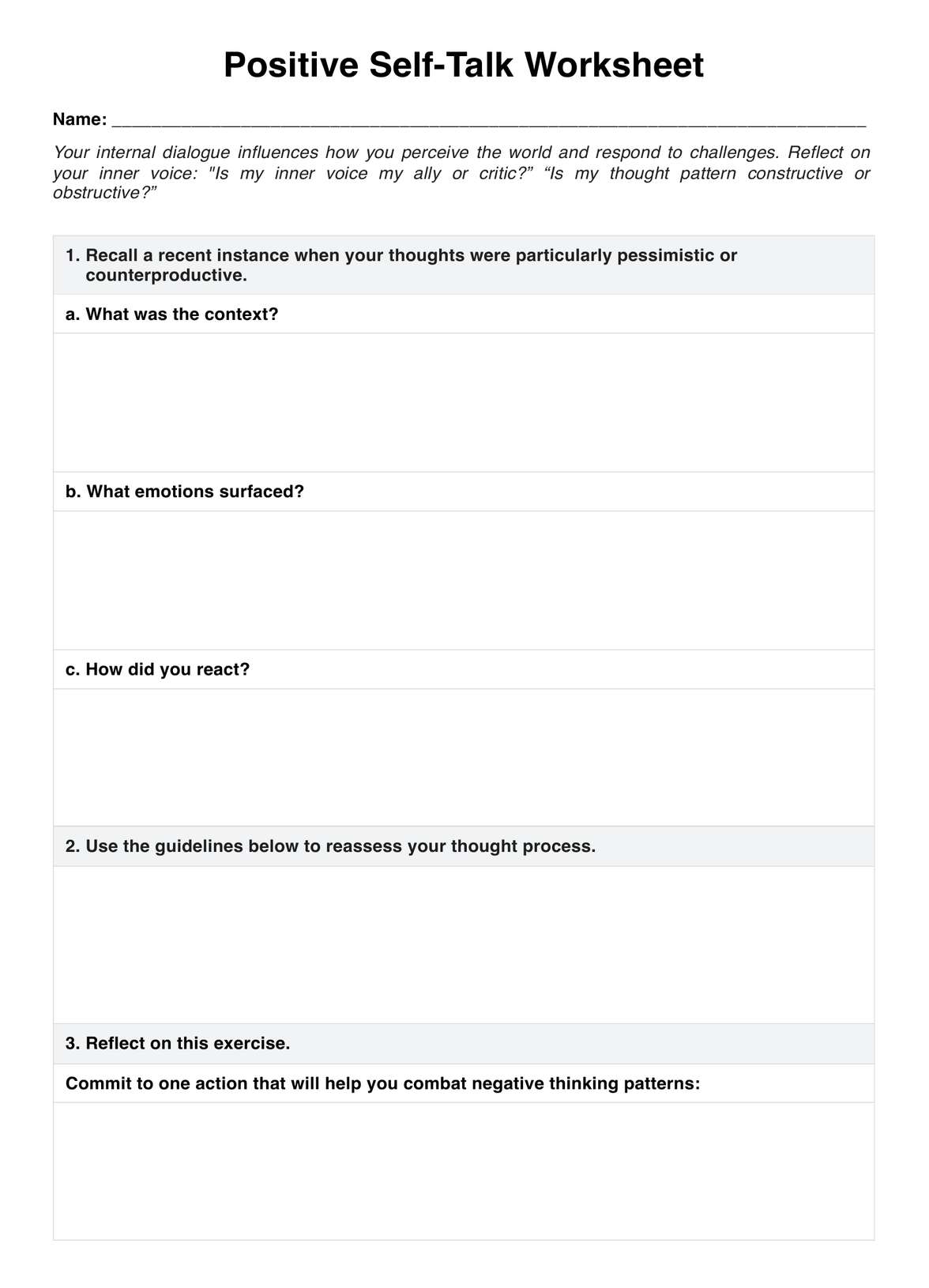
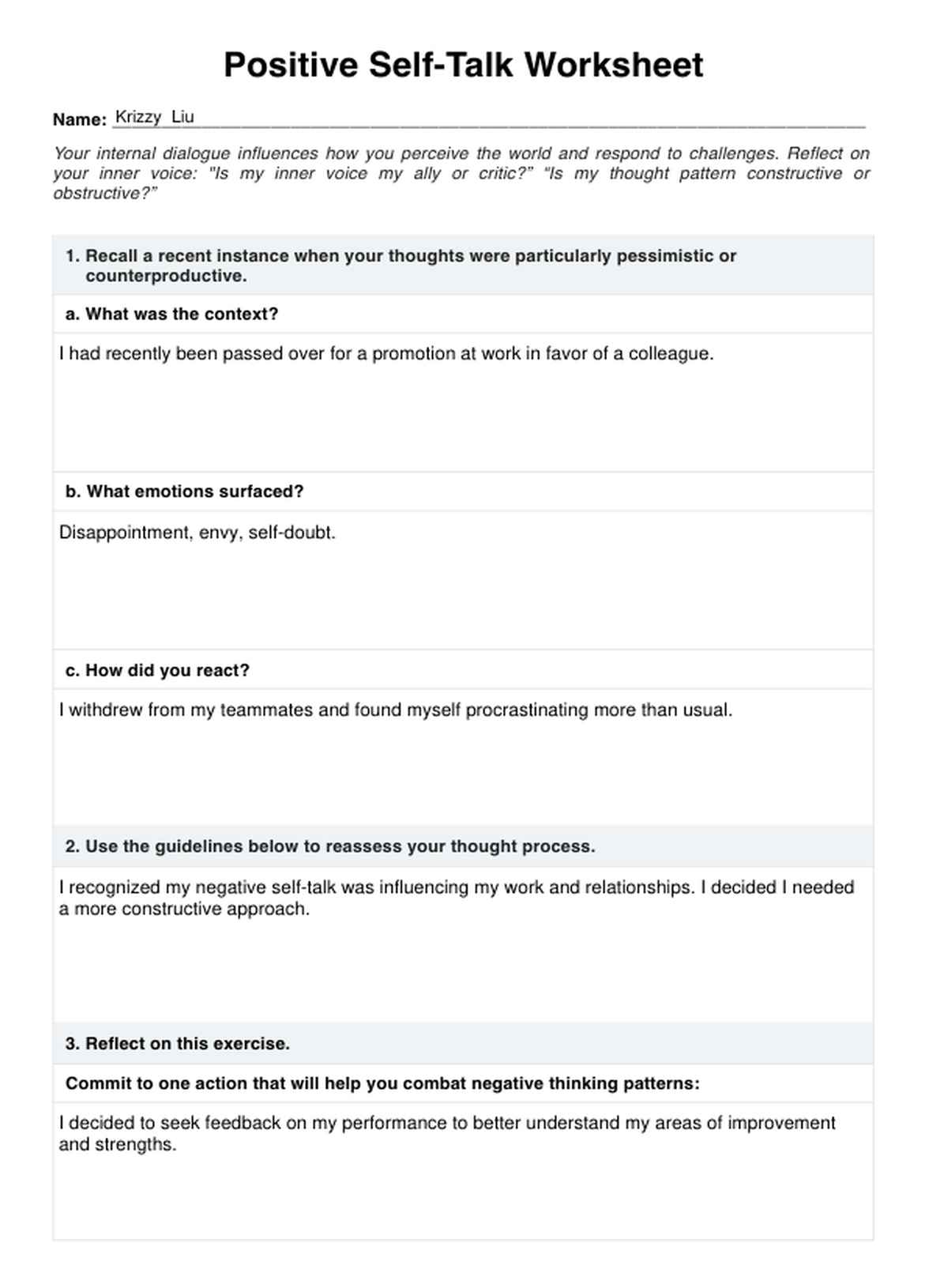

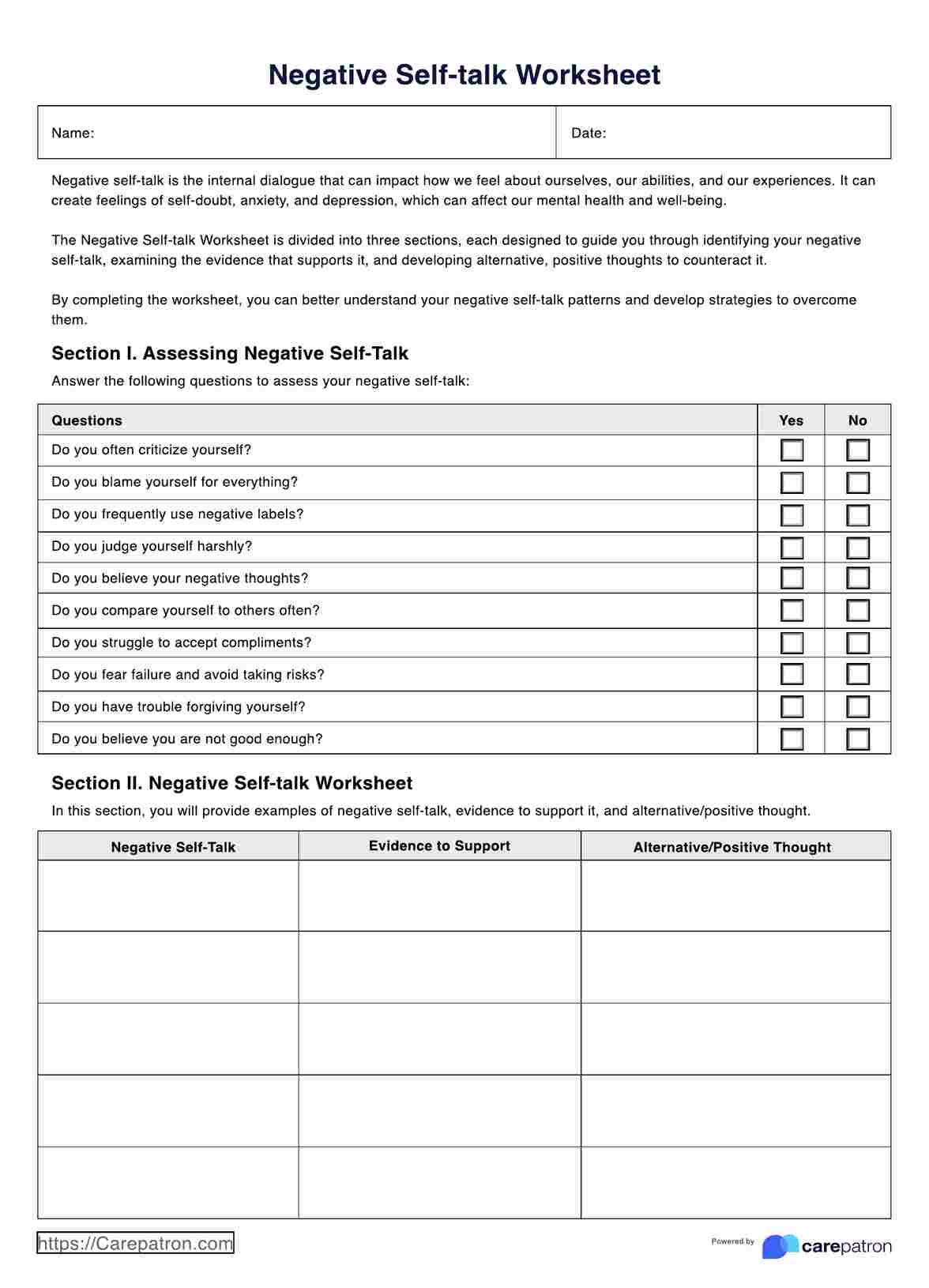














-template.jpg)





















































































